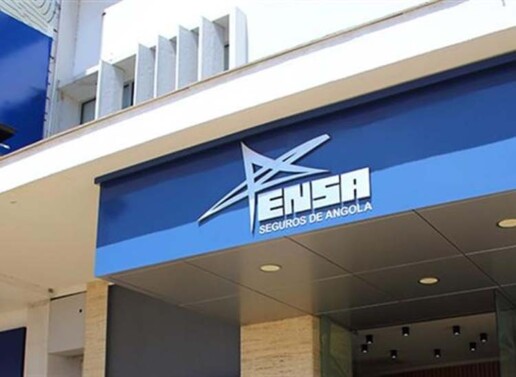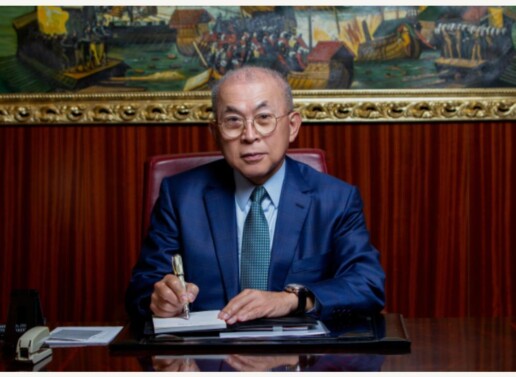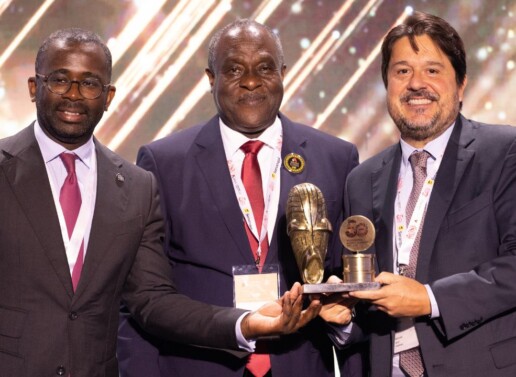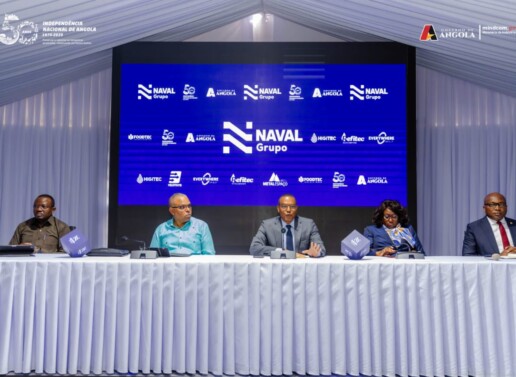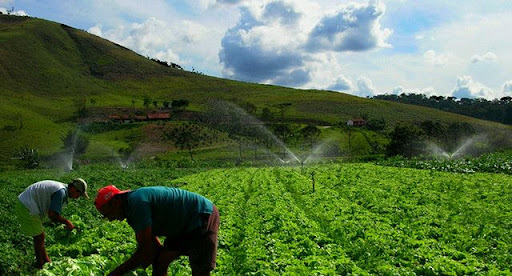Beijing has broken its silence on the trial involving Generals Kopelipa and Dino and the China International Fund (CIF), warning that there is a risk of a “diplomatic crisis.” In other words, it acknowledges the impact of the case on the calculation of Angola’s debt to China.
The indefinite postponement of the trial of Generals Manuel Hélder Vieira Dias (Kopelipa) and Leopoldino Fragoso do Nascimento (Dino)—in which another defendant is CIF Angola—reveals the diplomatic tension currently affecting relations between Luanda and Beijing.
The two generals are accused of influence peddling, money laundering, document forgery, criminal association, and abuse of power. A potential conviction could call into question the actual amount of Angola’s debt to China.
On March 31 of this year, the Supreme Court of Angola postponed the trial for seven days due to the absence of any legal representative for CIF in the courtroom. Judge Anabela Valente granted an additional seven days for one to be appointed, warning that otherwise, a public defender would be assigned. This did not occur, and on April 14 the trial was postponed sine die (without a set date).
China’s discomfort—evidenced by a deterioration in bilateral relations and culminating in João Lourenço’s decision to cancel his attendance at the Forum on China–Africa Cooperation (FOCAC) in Beijing in September 2024—had remained silent until now. That changed with public statements from a Chinese government official to four Angolan newspapers, published on April 17.
Yu Yong, Director for Africa at China’s Ministry of Foreign Affairs, as quoted by Valor Económico, warned of the risk that the trial’s verdict could be “influenced” by external interests. In this regard, Yu Yong called for “rationality and objectivity” in the trial of Chinese businessman Yiu Haiming, the face of CIF, adding that his government is following the case with some expectation “due to possible interference” from other countries.
According to Valor Económico, Yu Yong admitted the possibility of a “diplomatic crisis” if the trial of the Chinese businessman is “flawed.” The diplomat stated that the conduct of Chinese companies and citizens should be assessed just like that of Angolans: “They are neither superior nor inferior and should not be either favored or more harshly treated,” he warned.
A potential conviction of Generals Kopelipa and Dino, as well as CIF, would be a key asset for the Angolan government to reopen discussions with China regarding the actual amount of the country’s debt. As Negócios reported earlier this month, if it is proven that the two generals misappropriated loans from Chinese institutions intended for the state or public companies, this could open the door for Angola to argue that it cannot be held responsible for the debt arising from such misappropriations.
Kopelipa and Dino—once the right-hand men of former President José Eduardo dos Santos (1942–2022), who handed over power to João Lourenço in 2017—have now become a means to a broader end: proving that the Angolan state should not be held liable for repaying a debt tied to funds that never reached public coffers.
This could have remained a theoretical debate, but the statements made by the Director for Africa at China’s Ministry of Foreign Affairs show it is much more than that. In other words, Beijing sees this as a real threat and, breaking its usual golden rule of media silence, has now felt the need to resort to the press to warn the Angolan government that the scenario of a “diplomatic crisis” is indeed real.
Angola’s debt to China stands at €13.45 billion, and the government led by João Lourenço plans to fully repay it by 2028. The debt service Angola is expected to fulfill with Beijing in 2025 is estimated at €3.6 billion.
Jornal de Negocios, 22/04/2025

